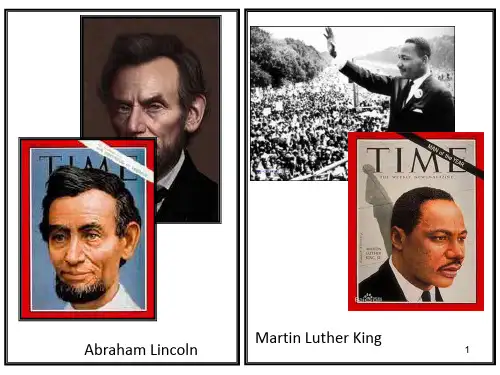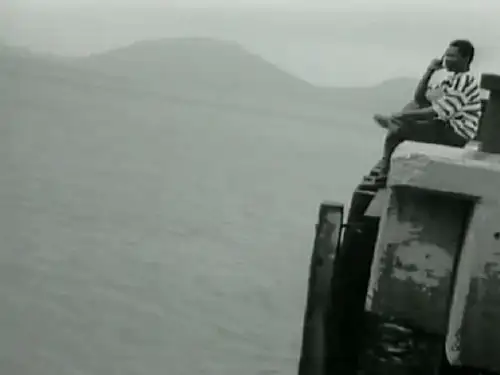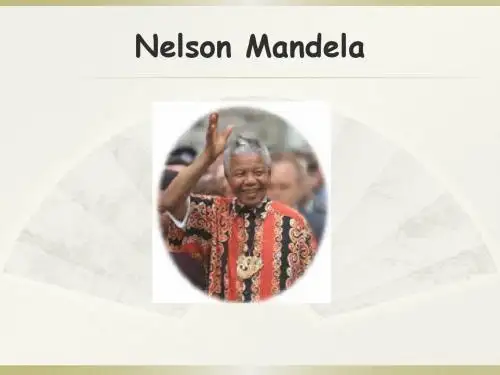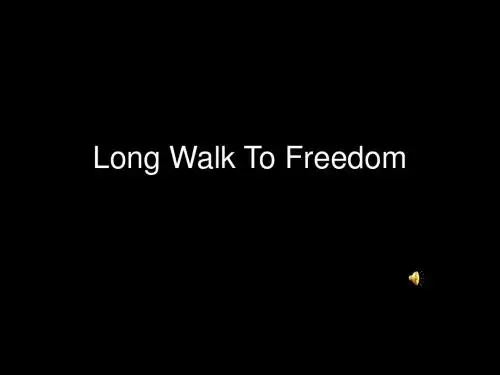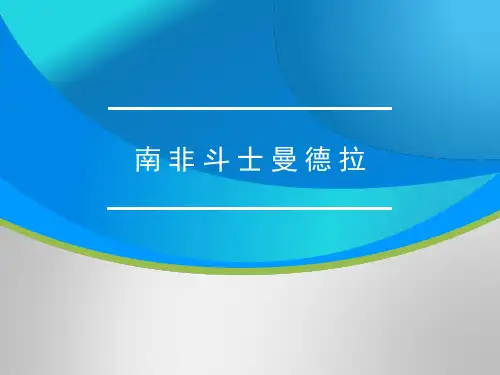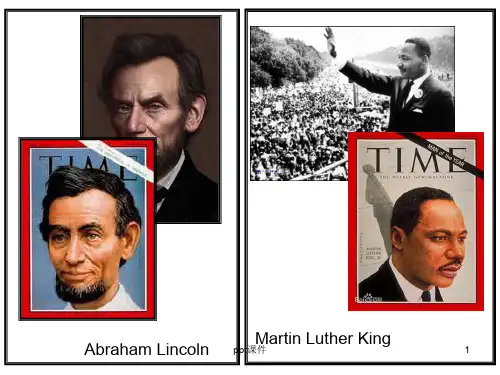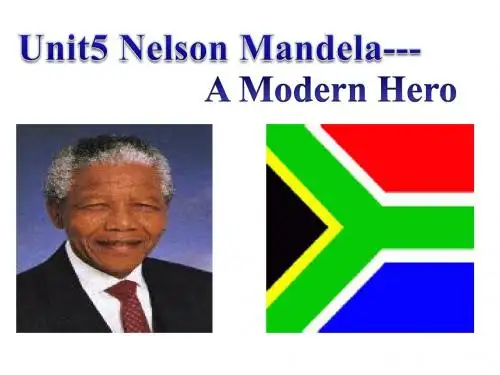Concerned that COSAG would undermine the election, particularly in the wake of the conflict in Bophuthatswana and the Shell House Massacre – incidents of violence involving the AWB and Inkatha, respectively – Mandela met with Afrikaner politicians and generals, including P. W. Botha, Pik Botha and Constand Viljoen, persuading many to work within the democratic system, and with de Klerk convinced Inkatha's Buthelezi to enter the elections rather than launch a war of secession.As leaders of the two major parties, de Klerk and Mandela appeared on a televised debate; although de Klerk was widely considered the better speaker at the event, Mandela's offer to shake his hand surprised him, leading some commentators to consider it a victory for Mandela.The election went ahead with little violence, although an AWB cell killed 20 with car bombs. As widely expected, the ANC won a sweeping victory, taking 62 percent of the vote, just short of the two-thirds majority needed to unilaterally change the constitution. The ANC was also victorious in seven provinces, with Inkatha and the National Party each taking another.Mandela voted at the Ohlange High School in Durban, and though the ANC's victory assured his election as President, he publicly accepted that the election had been marred by instances of fraud and sabotage.
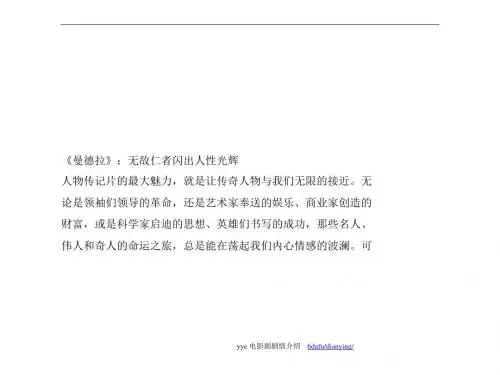
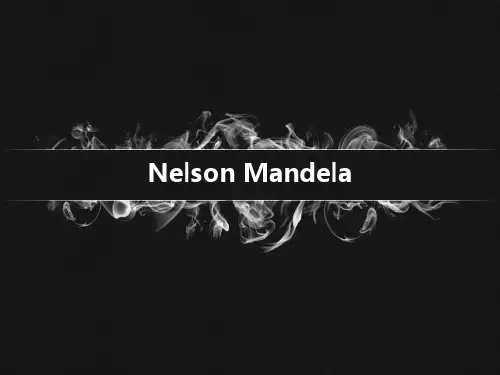
![unit 5 曼德拉Language points[课件]](https://uimg.taocdn.com/9f5c0c3883c4bb4cf7ecd1fb.webp)
